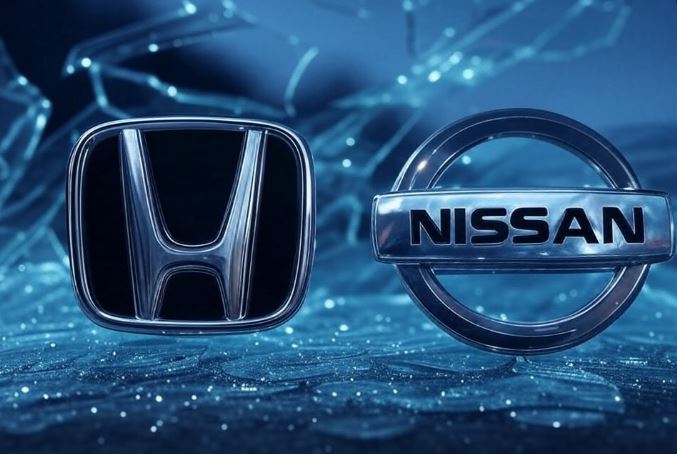In a significant development within the automotive industry, merger discussions between Honda and Nissan have abruptly ended. The talks, which aimed at a multi-billion dollar tie-up, were expected to reshape the competitive landscape of Japanese car manufacturing but have now been called off due to unresolved disagreements.
The collapse was announced late Wednesday, with sources close to both companies indicating that the negotiations hit an impasse over key issues such as strategic direction, brand management, and financial terms of the proposed merger. Both Honda and Nissan have long been giants in the automotive sector, known for their innovation and global market presence, yet their visions for the future appeared too divergent to reconcile.
“The decision to end the merger talks was mutual, reflecting a deep respect for each company’s unique identity and market strategy,” stated a joint release from Honda and Nissan. This statement underscores the complexity of merging two of Japan’s most storied automotive brands, each with its own loyal customer base and established corporate culture.
Analysts had anticipated that a successful merger could have led to significant cost savings, shared technology development, particularly in electric vehicles (EVs) and autonomous driving, and a stronger collective market position against global competitors like Tesla and European manufacturers.
The failure to agree signals a potential shift in strategy for both companies, who might now look to strengthen their positions independently or seek partnerships elsewhere. Industry experts are now watching closely to see how Honda and Nissan will navigate the rapidly evolving automotive landscape, especially with the global push towards sustainability and digital innovation.
This development not only affects the involved companies but also has broader implications for the Japanese automotive industry’s competitiveness on the world stage.
Key Points:
Key Points:
Merger Talks Collapse: Honda and Nissan have ended discussions on a potential merger.
Multi-Billion Dollar Deal: The proposed deal was valued in the billions, aiming for a significant industry consolidation.
Disagreements: The talks failed due to disagreements over strategic direction, brand management, and financial terms.
Mutual Decision: The decision to end talks was mutual, acknowledging the unique identities and strategies of each company.
Industry Impact: The collapse could affect the competitive landscape of the automotive industry, particularly in terms of innovation in electric vehicles (EVs) and autonomous driving technology.
Future Strategy: Both companies are expected to now pursue their individual growth strategies or possibly look for different partnership opportunities.
Market Implications: This development might influence how Japanese car manufacturers compete globally, especially against international rivals like Tesla and European carmakers.



